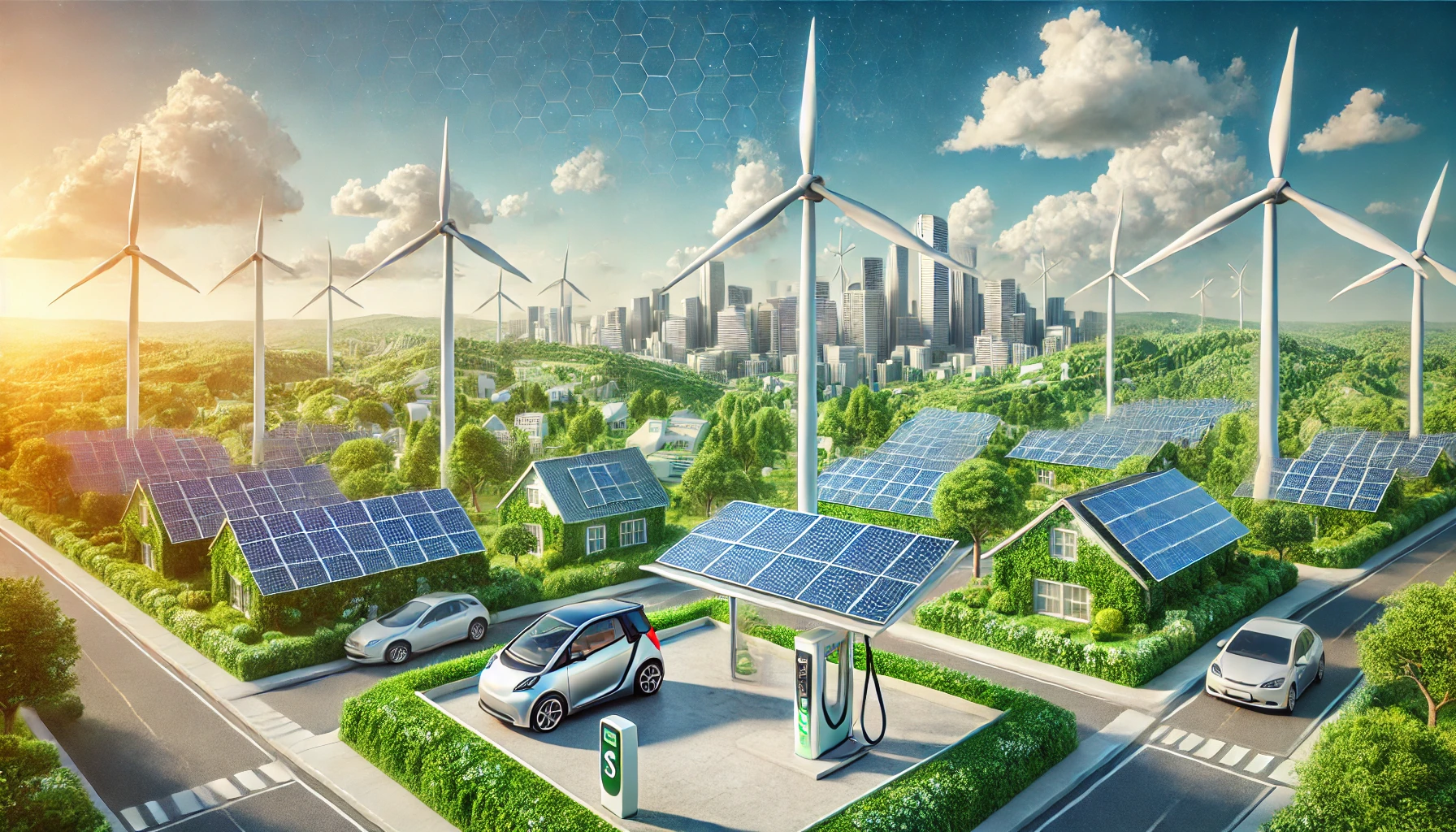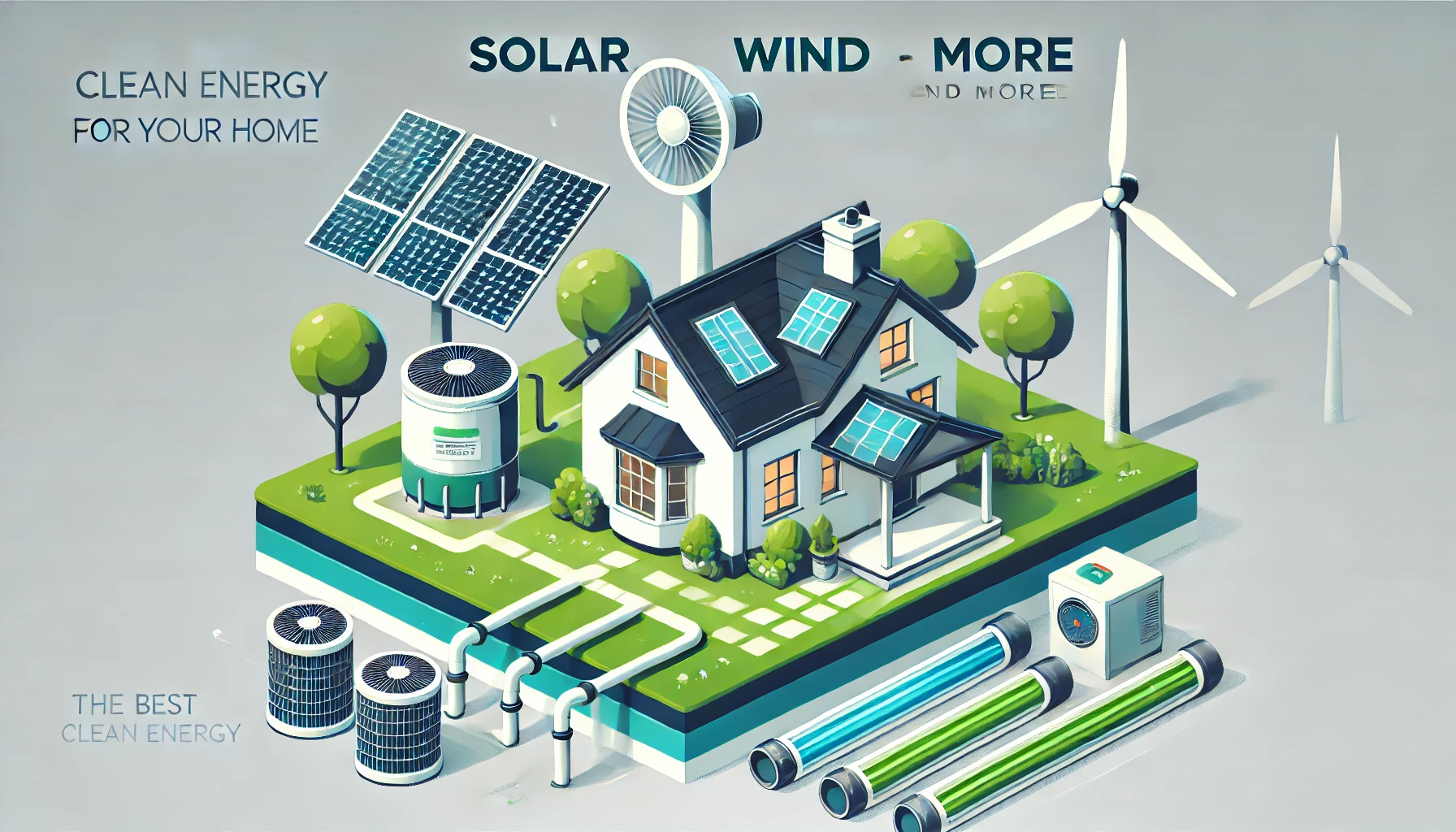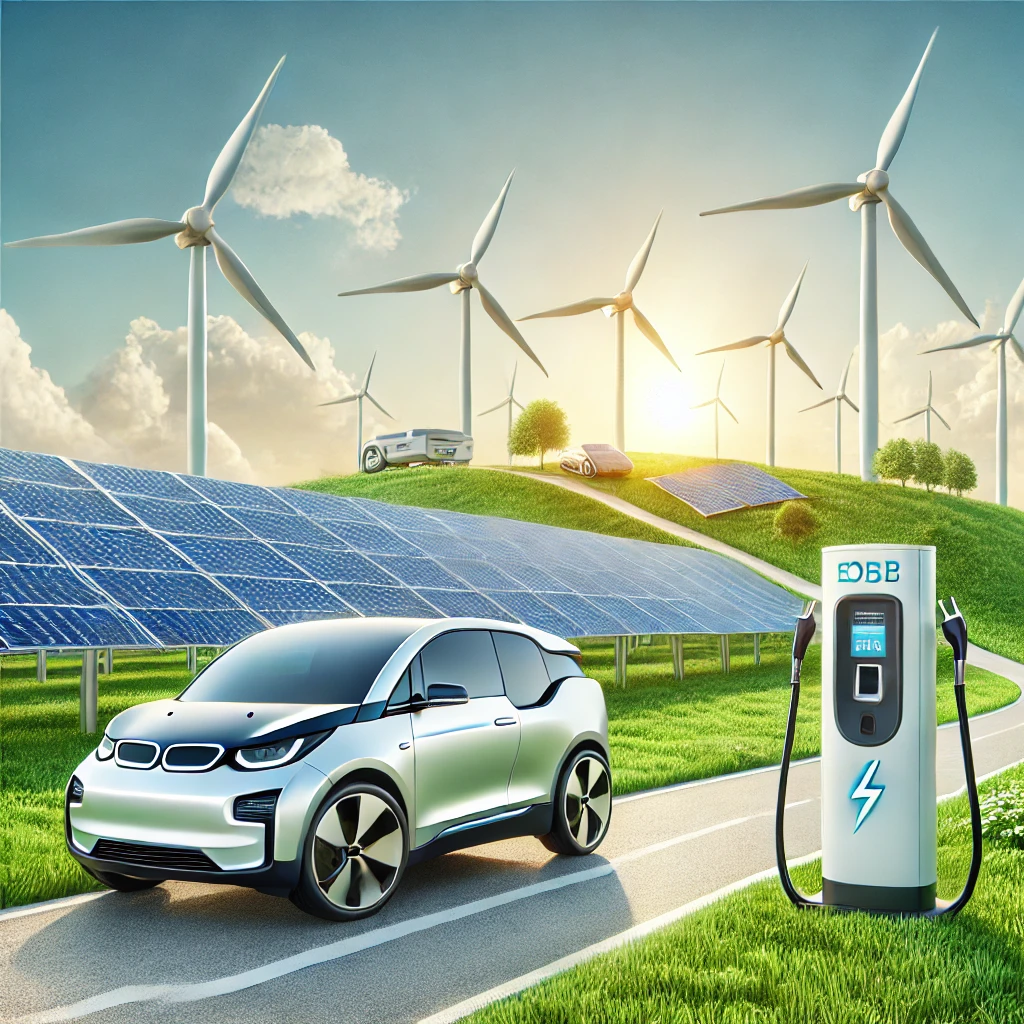As climate change accelerates, adopting clean energy solutions has become essential for protecting our planet. By reducing carbon emissions and lowering our overall carbon footprint, clean energy sources like solar, wind, and hydropower play a critical role in combating global warming. In this blog, we’ll explore how clean energy helps fight climate change and what makes it a sustainable choice for a greener future.
Explore renewable energy solutions at CleanEnergy.Batve.com and take a step toward reducing your carbon footprint today.
What Is Clean Energy?
Clean energy comes from renewable resources that produce little to no carbon emissions. Unlike fossil fuels such as coal and natural gas, renewable energy sources are sustainable and eco-friendly. The most popular clean energy sources include:
- Solar Energy: Converts sunlight into electricity.
- Wind Energy: Uses wind turbines to generate power.
- Hydropower: Produces energy from flowing water.
- Geothermal Energy: Taps into heat from the Earth’s core.
How Clean Energy Fights Climate Change
1. Reduces Greenhouse Gas Emissions
Burning fossil fuels releases carbon dioxide (CO2), methane, and other greenhouse gases that trap heat in the atmosphere, causing global warming. Clean energy sources generate electricity without emitting harmful gases, significantly reducing the carbon footprint of homes, businesses, and industries.
2. Decreases Air and Water Pollution
Traditional energy production pollutes the air and water with chemicals, toxins, and harmful particles. Renewable energy technologies like wind turbines and solar panels produce no pollution, helping maintain cleaner air and healthier ecosystems.
3. Protects Natural Habitats
Fossil fuel extraction often involves deforestation, habitat destruction, and soil degradation. Clean energy systems like wind farms and solar fields have a much smaller environmental footprint, preserving vital ecosystems and supporting biodiversity.
4. Slows Global Warming
By reducing carbon emissions and replacing fossil fuel-based power plants, clean energy directly slows down the effects of global warming. Countries adopting renewable energy have already seen significant reductions in CO2 emissions, helping to meet global climate goals.
5. Provides Sustainable Energy Supply
Clean energy sources are renewable and virtually limitless. Unlike fossil fuels, which will eventually run out, solar, wind, and hydropower resources are naturally replenished, ensuring long-term sustainability and energy security.
6. Supports Climate-Resilient Infrastructure
Clean energy technologies can strengthen community resilience against climate-related disasters. Microgrids powered by solar and wind energy can keep essential services running during emergencies like hurricanes, floods, and wildfires.
7. Encourages Green Innovation and Jobs
The clean energy industry is fostering innovation in energy-efficient technologies, creating millions of jobs worldwide. From solar panel installation to wind turbine maintenance, renewable energy careers are shaping a sustainable economy while reducing environmental impact.
Why Reducing Your Carbon Footprint Matters
Reducing your carbon footprint helps combat climate change by minimizing the release of CO2 into the atmosphere. Simple steps like switching to renewable energy, driving electric vehicles, and conserving energy at home can make a significant impact.
Ready to reduce your carbon footprint? Visit CleanEnergy.Batve.com for sustainable energy solutions tailored to your needs.


